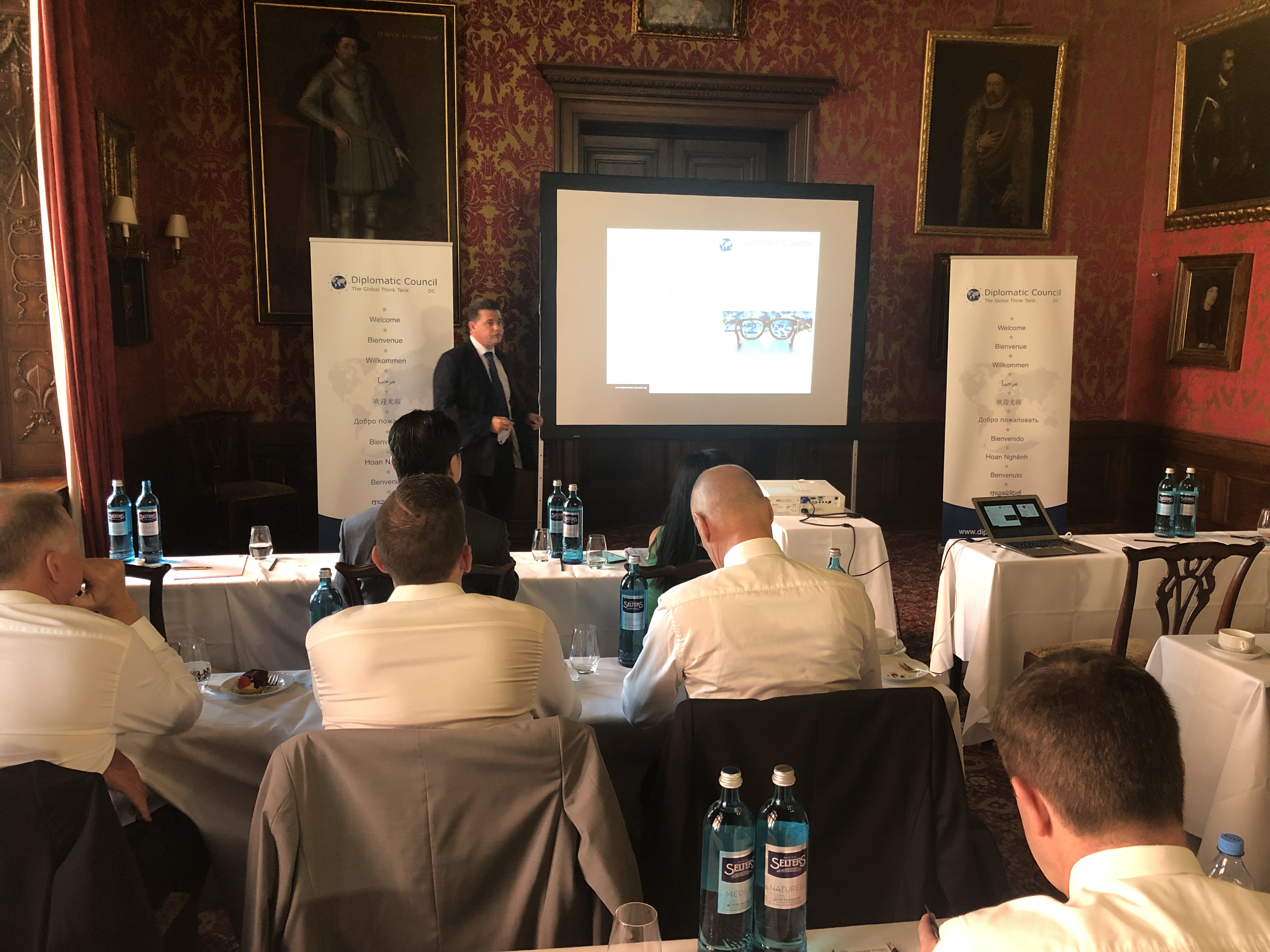Thought Leadership

By Franck Mathot, CEO AlterVista
Market Intelligence is the process of monitoring the competitive external environment. It is an analytical process which transforms disaggregated company, industry and market data into actionable strategic knowledge about the position, performance, capabilities and intentions of target companies.
It is a continuous process involving the legal and ethical collection of information, analysis that doesn't avoid unwelcome conclusions, and controlled dissemination of actionable intelligence to decision makers. It enables senior managers in companies of all sizes to make informed decisions about everything from marketing, R&D, and investing tactics to long-term business strategies.
The implementation of the so-called CI/MI Cycle (Corporate Intelligence / Market Intelligence) is a good starting point. Each one of the 6 phases (Planning – Collecting – Processing – Analyzing – Reporting – Control) depends on the previous one. At the end of the cycle, the needs analysis resumes, including an evaluation of the whole process in a perspective of continuous improvement.
Key Intelligence Topics (KITs) are aspects of your environment that have greater relevance to your organization for meeting its business objectives. You already have some information about your KITs, but you need to address the gaps. Key Intelligence Questions (KIQs) are research questions that will help you fill up the gaps to rebuild the puzzle (answering questions to bring solutions to the table).
Example
A company would like to enter the Japanese market with a range of manufactured products.
Key Intelligence Topics: Are there any barriers to entry in Japan? Are there any threats for new entrants? What kind of political / economical risk will my company encounter while entering the Japanese market?
A systematic approach - 3 Modi Operandi
Although monitoring your external environment is actually a single integrated process, it is recommended to design three individual subprocesses.
Env. Scanning: (weak signals, indicators, KPI/KSF/ Blind Spots); Watch: technological, regulatory, patent, competitive …,
Focus: Identify technological areas and monitor trends,
Deep Dive: Analysis (for example, performance parameters, maturity, interpretation).
Traditional marketing serial processing methods are ineffective and useless in the data-driven marketplace.
Predictive, nimble, and parallel processing organizations will be best positioned for market/competitive Success.
Market intelligence is more than just a tool
• Like marketing, it is a mindset and part of the corporate culture.
• Employees and managers need to be educated on the purpose & benefits of Market intelligence.
• Decision makers need to be educated on the purpose & benefits of Market intelligence.
Key-factors of success have been identified
• MI professionals must work for decision makers.
• Begin with clearly defined roles and responsibilities.
• Establish a seamless intelligence process within the company.
• Don’t get caught in the activity trap of answering everyone’s questions.
